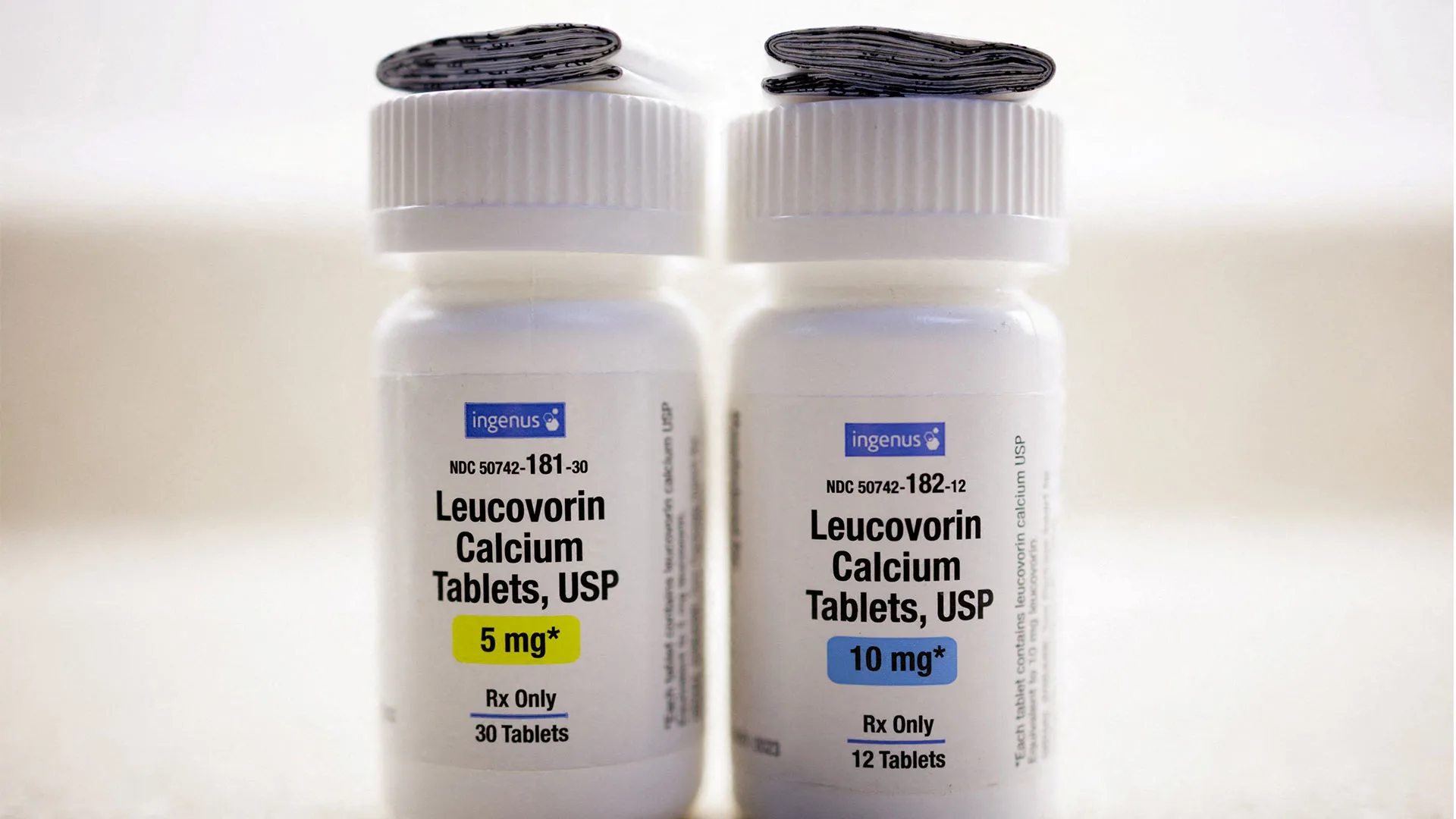#drug-approval
#drug-approval
[ follow ]
#fda #healthcare #health-policy #ai #malaria #public-health #leucovorin #cerebral-folate-deficiency #vinay-prasad
Intellectual property law
fromIPWatchdog.com | Patents & Intellectual Property Law
5 months agoFederal Circuit Reverses Injunction Against Avadel Due to Hatch-Waxman Safe Harbor
Federal Circuit overturned injunction, allowing Avadel to conduct pre-approval activities for Lumryz under Hatch-Waxman 'safe harbor'.
[ Load more ]




